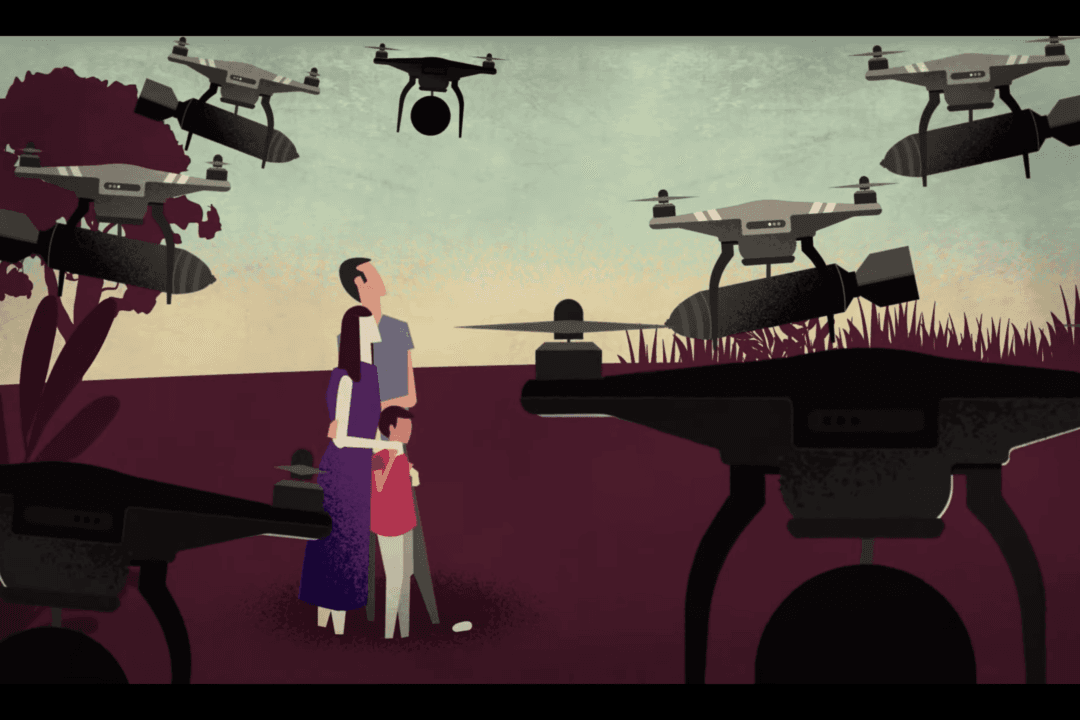Behavioral scientists who studied fear of contagion have found that it makes us more inclined to punish ’the other.' During COVID, our natural “sense of disgust” was cynically used to manipulate our emotions and behavior
This story is about fear, contagion, instincts, love, and compassion. It is also about the ultimate triumph of freedom over darkness.
STORY AT-A-GLANCE
- “Behavioral immune system” is a set instincts and acquired habits that help us avoid pathogens in the wild
- Behavioral scientists and psychologists who studied fear of disease and contagion found that it makes us more inclined to punish those who don’t follow the official rules
- During COVID, our natural “sense of disgust” was cynically used to manipulate our emotions and behavior
- Some of the scientists engaged in social engineering may have been well-intended but it was none the less a very wrong thing to do
- In the end, it’s on each of us to overcome our trauma and our fear — and to make the mysterious transformation from a wounded child to a warrior
The “Litmus Test” of 2020
We often wonder why in 2020, some people came under the spell of the establishment’s bad magic — and some saw right through it and rejected fear.I believe that one of the reasons why some of us were able to see right through the terrorists while others became spellbound is because by 2020, the “rebels” have been already “initiated” by life into knowing that succumbing to fear and trusting the abuser were costly — and the compliant had not yet been forced to acquire that knowledge. (For the record, I wrote my first “pandemic” Substack in April 2020 — and yes, at the time I was scared but I was more scared of being a coward.)





